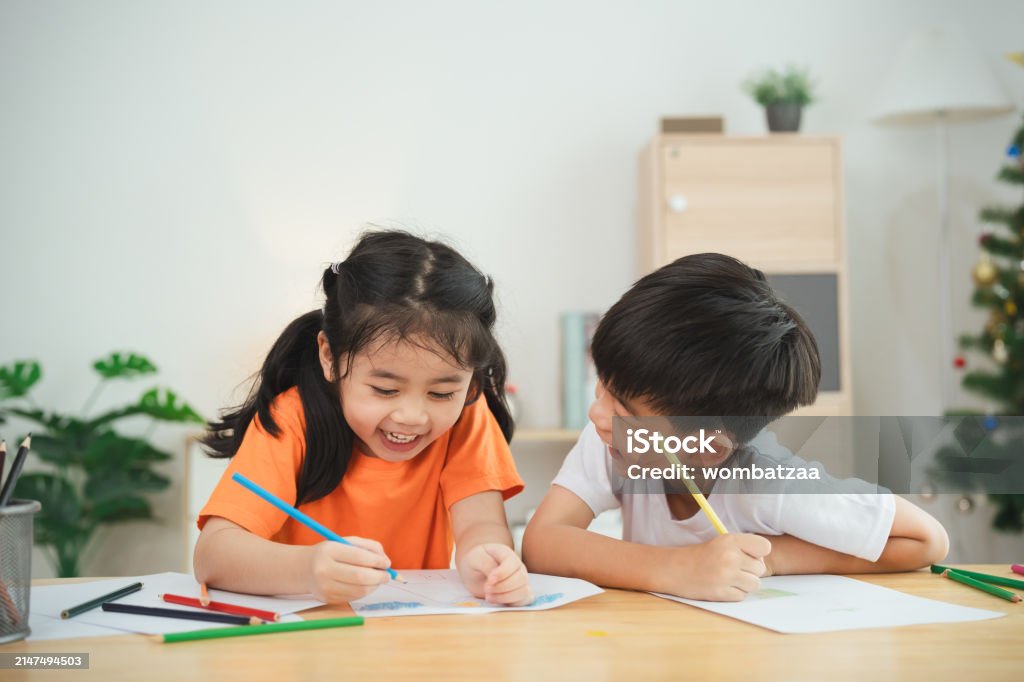Drawing is a vital activity for children that promotes their cognitive, emotional, physical, and social development. Here are the key benefits of drawing for kids:
1.Enhances Creativity and Imagination
Self-Expression: Drawing allows children to express their thoughts, feelings, and ideas, especially when they might not yet have the words to do so.
Imaginative Thinking: It encourages them to explore and visualize new concepts, fueling creative problem-solving skills.
2.Improves Fine Motor Skills
Hand-Eye Coordination: Drawing strengthens the connection between vision and hand movement.
Control and Precision: Activities like holding a crayon or brush improve dexterity and the ability to control fine muscle movements, essential for tasks like writing.
3.Boosts Cognitive Development
Planning and Organization: Creating a drawing involves organizing thoughts and planning what to draw and how to structure it.
Spatial Awareness: Drawing helps children understand spatial relationships, shapes, sizes, and proportions.
Problem-Solving Skills: Children learn to find creative solutions when translating their ideas into drawings.

As the children are engaged in a fun activity together4.Strengthens Emotional Development
Stress Relief: Drawing can be a therapeutic outlet for emotions, helping children process their feelings.
Confidence Building: Completing a drawing gives children a sense of accomplishment and pride, enhancing self-esteem.
Emotional Exploration: Art provides a safe space for kids to explore and convey complex emotions.
5.Encourages Communication
Visual Storytelling: Children often use drawings to tell stories, enabling them to share their thoughts and experiences non-verbally.
Early Literacy Skills: Drawing helps bridge the gap to writing, as it teaches symbolic representation and pre-writing skills.
6.Develops Focus and Patience
Drawing requires sustained concentration, teaching children to focus on details and stay engaged in an activity.
It fosters patience and perseverance, especially when working on more complex or time-consuming pieces.
7.Supports Academic Skills
Pre-Math and Geometry Skills: Understanding patterns, symmetry, and shapes in drawings lays the foundation for math skills.
Science and Observation: Drawing natural objects or environments sharpens observation skills and an appreciation for detail, which are crucial in science.
8.Facilitates Social Connections
Collaboration: Group drawing activities encourage teamwork, sharing, and learning from peers.
Cultural Understanding: Drawing traditional or cultural themes introduces kids to diverse perspectives and stories.
9.Promotes Fun and Joy
Drawing is an enjoyable and relaxing activity that provides a sense of play, stimulating a child’s happiness and creativity.
Incorporating drawing into a child’s daily routine supports holistic development and allows them to grow into confident, creative, and emotionally intelligent individuals.

